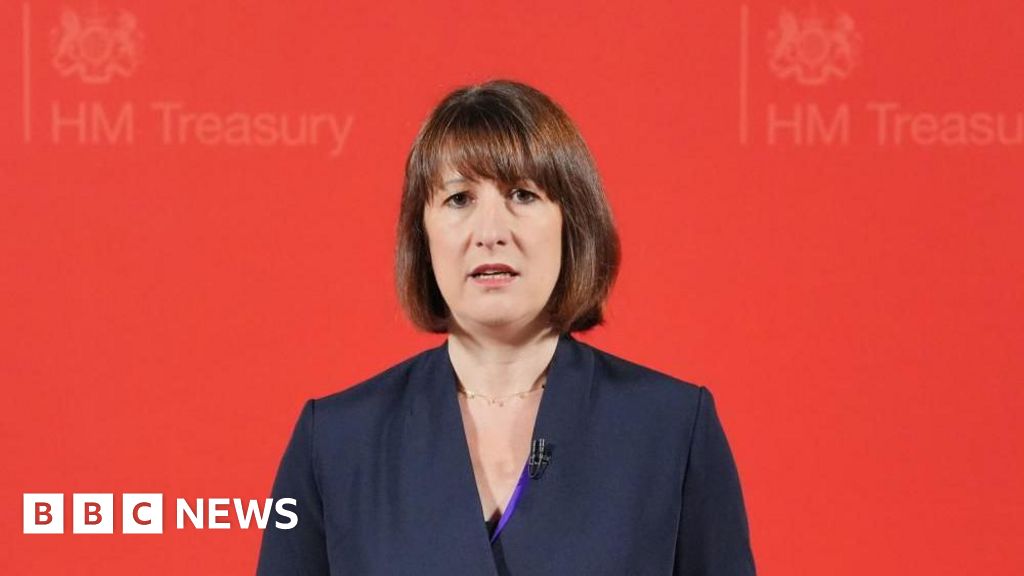An announcement in the upcoming budget of a continued freeze on income tax thresholds beyond 2028 would not constitute a breach of Labour’s election manifesto promise, government sources have insisted.
In the run-up to June’s general election, both leader Sir Keir Starmer and the soon-to-be Chancellor Rachel Reeves pledged to “not increase taxes on working people”.
But a threshold freeze could allow the chancellor to raise an estimated £7bn by bringing more people into the tax system.
Reeves is currently trying to find £40bn through a mixture of savings and tax rises that she will announce in the new government’s first budget on Wednesday 30 October.
Tax thresholds were frozen by the previous Conservative government in 2022, but were due to rise again each year from 2028.
The chancellor is now said to be weighing a plan to extend the freeze for the remainder of the parliament.
The decision not to increase tax thresholds would continue a process called “fiscal drag”, in which more people are “dragged” into paying tax, or higher rates of tax, as their wages rise and cross the unchanging thresholds.
If Reeves goes ahead with the plan, roughly 400,000 more people will find themselves paying income tax at the basic rate.
Government insiders have insisted this does not breach Labour’s manifesto pledge to “not increase taxes on working people”.
Sources are pointing to the exact wording of the manifesto, which states that the “rates” of income tax would not rise.
In other words, in England, Wales and Northern Ireland these would remain – depending on income – at 20p, 40p and 45p.
But as people’s wages increased, so too would their tax bill.
In 2019, the Conservatives also pledged not to increase tax “rates” – and went on to freeze tax thresholds.
At the time, this was denounced by the Labour opposition as a “stealth tax”.
However, it is not one the party has specifically pledged to reverse.
Labour’s opponents will argue that an extension of a freeze would undermine the party’s wider-ranging promise not to increase taxes on working people.
Reeves has just 11 days to firm up her plans ahead of Budget day.
The country’s first female chancellor has warned of a £22bn “black hole” in the public finances – a gap caused by the rules the government has chosen to follow governing how much money it can borrow over the next five years.
Filling this hole would only be enough to “keep public services standing still”, the chancellor said this week.
This means she is hoping to find £40bn in order to avoid real-terms cuts to government departments.
Reeves has warned of “difficult decisions” ahead.

